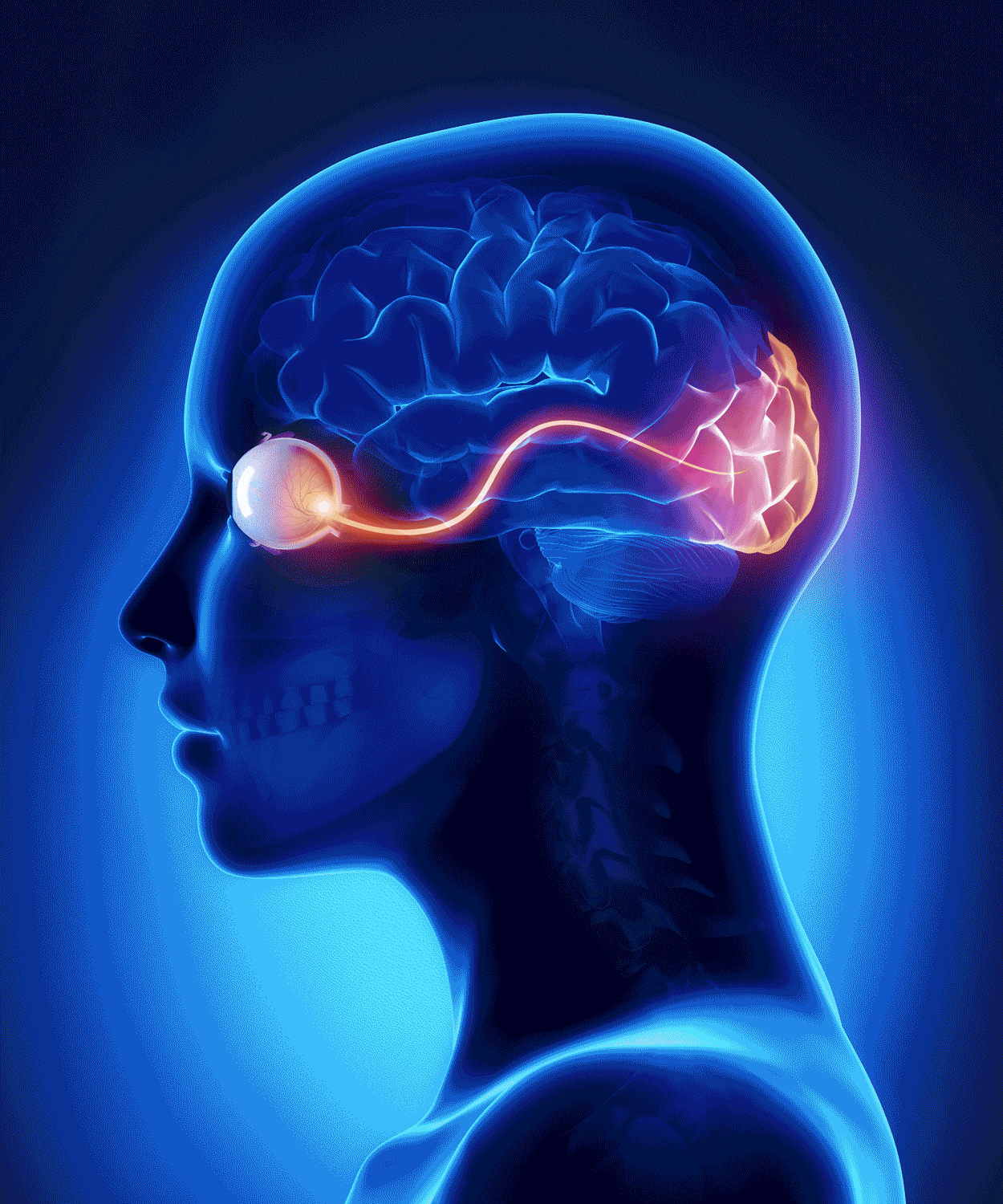
Ingredient Spotlight
September 2022
Lutein & Zeaxanthin
important eye health nutrients & much more...
Carotenoids are found in plants and function by protecting them from cellular damage. They are the pigments that give many vegetables and fruits their bright yellow, orange, and red colors.
Carotenoids such as lutein and zeaxanthin can also protect human cells from being harmed by oxidation. Humans cannot produce carotenoids and must ingest them in order to gain health benefits for their entire life cycle.
Lutein and zeaxanthin are carotenoids that are naturally deposited in the macula of the human eye. They have been extensively studied for eye health (AREDS2 and CARMIS studies) and are often referred to as macular carotenoids.
1
2,3
Studies of these compounds have shown they are essential for maintaining healthy vision due to their antioxidant activity.

Dietary lutein and zeaxanthin are selectively taken up into the macula of the eye, where they absorb up to 90% of blue light exposure and help maintain optimal visual function.
(Linus Pauling Institute: Oregon State)

Did You Know?
In addition to lutein & zeaxanthin being concentrated in the eye, they are essential nutrients that are also highly concentrated in the occipital lobe of the brain.
4
Since your body cannot create these essential nutrients on its own, they must be obtained through food or supplementation.
Processing vision in the occipital lobe is a highly complex process that enables many separate and necessary cognitive functions.
5
These include transmitting visual information to other regions of the brain to:
• encode memories
• create motor and linguistic reactions
• respond & react to stimuli from the world
Brain & Eye
Human clinical studies have shown that consuming lutein & zeaxanthin supplements can support healthy brain function and cognition.
6

Occipital Lobe
Optic Nerve
Retina

Throughout Your Life
In infants, lutein constitutes around 60% of the total accumulated carotenoids within the brain.
7
Although lutein is still the predominant carotenoid in the brain, as you get older lutein levels decline. During the normal aging process, oxidative stress increases therefore depleting antioxidants such as lutein & zeaxanthin.
8
Higher lutein status is related to better cognitive performance, and multiple studies suggest that lutein supplementation supports cognitive functions.
9

Why Supplement with
Lutein & Zeaxanthin?
Foods that are rich in these carotenoids include egg yolks, fruit, and vegetables such as spinach, kale, and carrots.
However, the average American adult only consumes about 1–2 mg lutein a day, which may not be enough to attain these health benefits.
10
Studies that have shown benefits use a minimum of 10 mg lutein & 2 mg zeaxanthin per day.
Daily supplementation with high-quality lutein and zeaxanthin may be a good option for people unable to consume enough quantities of foods rich in lutein and zeaxanthin.
11
1 https://www.sciencedirect.com/science/article/abs/pii/S0003986100921714
2 https://jamanetwork.com/journals/jama/article-abstract/1684847
3 https://journals.sagepub.com/doi/abs/10.5301/ejo.5000069
4 https://www.mdpi.com/2072-6643/9/1/51
5 https://europepmc.org/article/nbk/nbk544320
6 https://academic.oup.com/nutritionreviews/article/72/9/605/1860232
7 https://journals.lww.com/jpgn/fulltext/2014/11000/Lutein_and_Preterm_Infants_With_Decreased.23.aspx
8 https://academic.oup.com/cdn/article/3/7/nzz066/5511268
9 https://www.sciencedirect.com/science/article/abs/pii/S0197458013002054